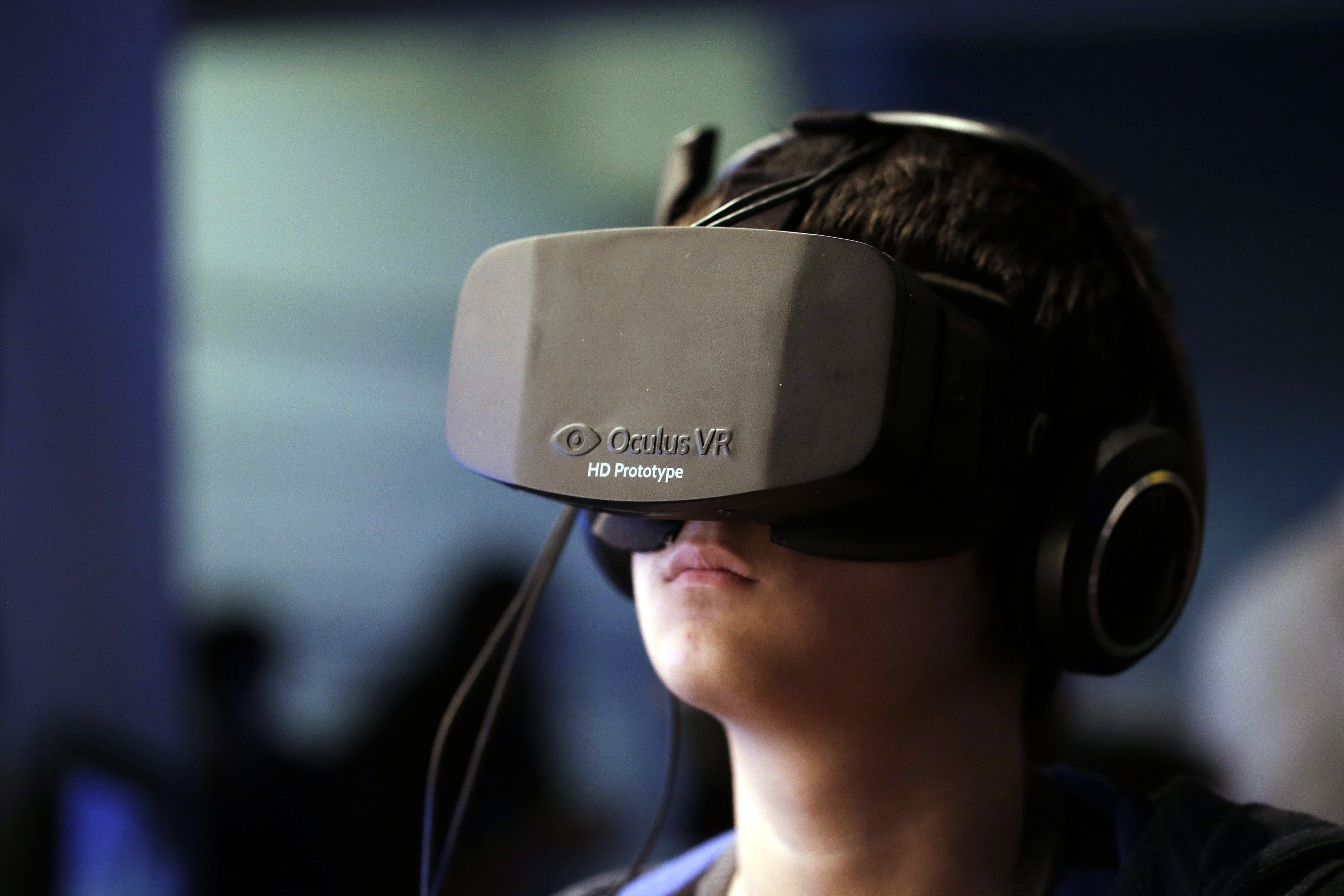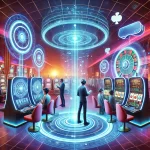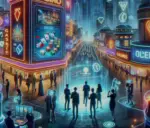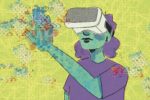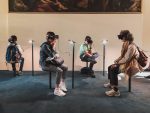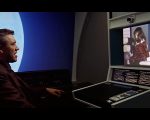When you think of virtual reality, the first thing that might come to mind is a gamer wearing a clunky, likely expensive headset designed to project high-definition images from a thrilling horror game or first-person shooter. Or maybe you’ve seen videos of gameplay for “Beat Saber,” a new rhythm game along the likes of “Guitar Hero” that involves slicing through color-coded blocks to the beat of some of your favorite songs.
Either way, you probably associate VR technology with the world of gaming. Although it’s true that the video game industry is by far the biggest sector to utilize virtual reality, the uses for VR reach far beyond just an innovative way to game.
Oculus, a major manufacturer of VR interfaces, such as the famous Oculus Rift, has been advocating for the past three years for a socially conscious approach to the technology through their “VR For Good” initiative. With this initiative, which is composed of a few different ongoing programs, Oculus aims to make the world a better place through the lens of a virtual reality headset.
A couple of the programs under the VR For Good initiative include the “High School 360 Challenge” and the “Creators Lab,” which involve utilizing Oculus’ virtual reality equipment for film production.
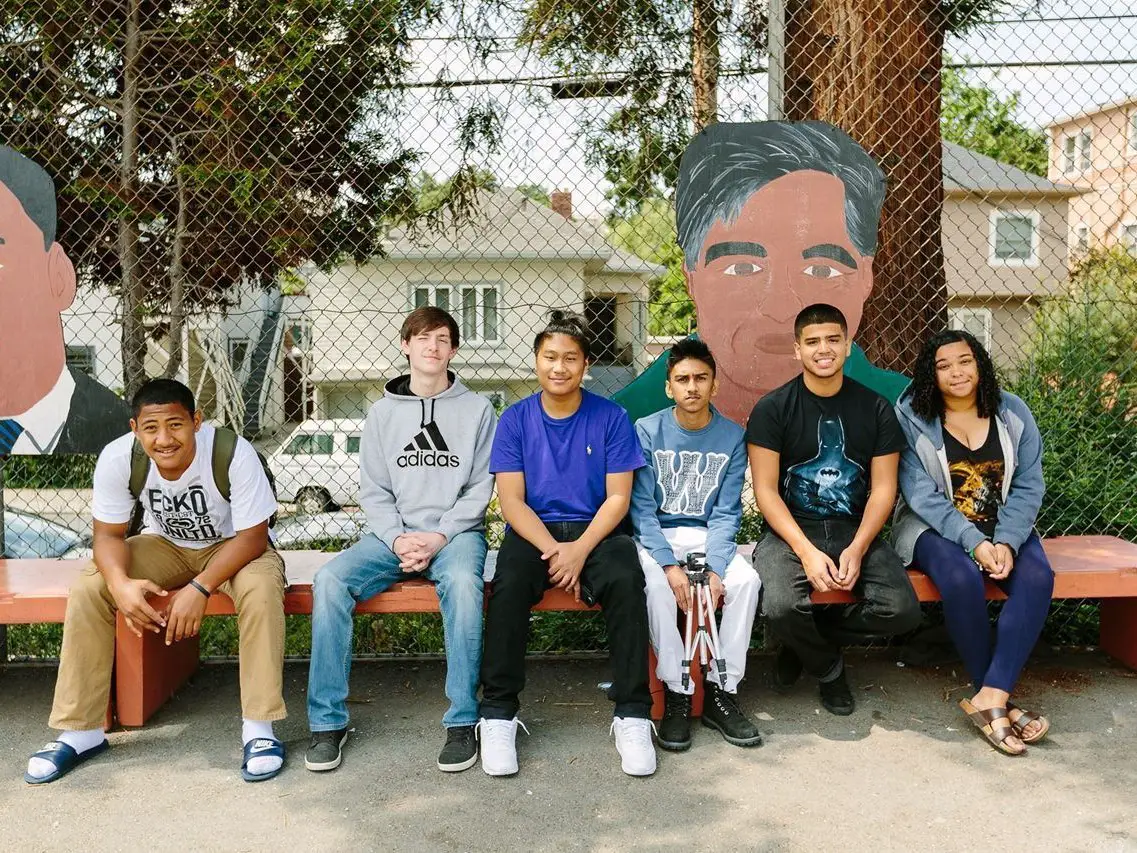
In 2016, the High School 360 Challenge challenged nine high schools around the San Francisco Bay Area to capture the beauty of their own communities. The six-week challenge involved teams of students creating short films highlighting their communities and pushing them to think about social change through the filmmaking process.
The program provided the students with all the gear and instruction necessary to create their own VR short films, giving them hands-on training with a novel technology that has been booming both in popularity and quality. Through the six-week production term, students also explored many different career options revolving around STEM. The 360 Challenge ended with a showcase exhibiting some of the best student films.
The second and most prominent program under the VR For Good initiative is the Creator’s Lab, where professional filmmakers develop short films with the purpose of inspiring social change. From pushing to extend equality to LGBTQ+ people, to raising awareness for programs that provide food for orphanages, there isn’t really a limit to what topics these filmmakers and social advocates have tackled.
Ryan Hartsell, for example, alongside the Male Cancer Awareness Campaign (MCAC), created “The Evolution of Testicles,” a short film featuring a massive, nearly 100-foot tall hot air balloon in the shape of a pair of testicles. This rather large floating scrotum is intended to comment on men’s strange fascination with their own private parts, while also encouraging them to perform regular self-examinations and take action to detect any early signs of cancer. Through the power of humor, “The Evolution of Testicles” urges men around the world to “man up and see your doctor.” The film was also selected for the 2018 SXSW Film Festival.
Another notable film under Oculus’ Creator’s Lab program is Gabriela Arp’s “Meeting a Monster.” Arp worked with the non-profit Life After Hate to create a gripping short film following the past of Angela King, a former white supremacist. The film aims to provide both a VR lens into the life of King and an opportunity to experience the bigotry for yourself, the hatred and the troubling childhood that caused her alignment with the white power movement. Through original audio recordings and re-enactments, the film shows King’s dramatic redemptive shift when she realizes that she is, in fact, a monster. “Meeting a Monster” was featured in the 2018 Tribeca Film Festival.
Virtual reality is one of the greatest experiments in human empathy. Digital storytellers are now able to visually place you directly into a foreign setting and from the perspective of whoever they want, all while you sit on the couch with a headset on. Sure, the VR games are exciting, and there’s many that even focus on thrilling narratives rather than just the gameplay, but when combining the technology, the social issues and the art of storytelling, I think Oculus has the right idea when it comes to making a difference.
However, as you probably noticed, the programs I mentioned and many of the films produced under the initiative are from quite a while ago. Both the High School 360 Challenge and the Creator’s Lab were announced in 2016, and it seems only the latter has survived into 2018. Even then, many of the films within the second phase of the Creator’s Lab project were created much earlier in the year, and there hasn’t been any news of another filmmaking cycle. Recently, it seems Oculus is sticking to what’s familiar to them, which is developing their state-of-the-art hardware and video game technology.
I don’t think that the VR For Good initiative is ending by any means, but I’m certainly eager to know what Oculus has in store for the future of the project. There’s definitely no shortage of social issues that filmmakers can cover for the initiative and, judging from past examples, it looks like Oculus has the eye for what works when it comes to virtual reality storytelling.


